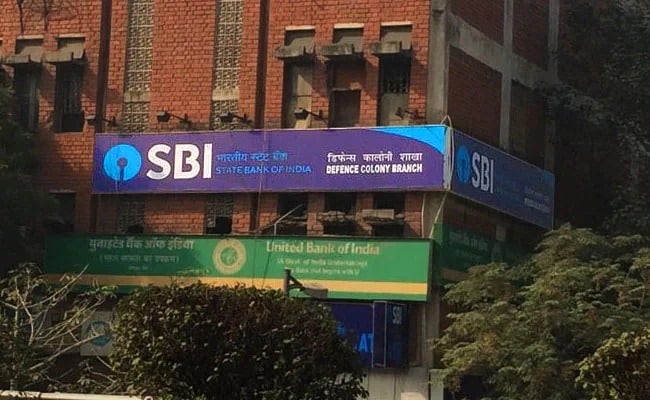Two days after a rap by the Supreme Court in the electoral bonds case, the State Bank of India (SBI) filed an affidavit today, informing that it had submitted data on the bonds to the Election Commission of India (EC). The SBI has said in its compliance affidavit that it has submitted the data to the poll body in a pen drive. The data, it has said, is on two PDF files that are password-protected.
The bank has also said in its affidavit that a total of 22,217 electoral bonds were issued between April 2019 and February 15, 2024, before the Supreme Court junked the scheme. Out of this, political parties redeemed 22,030 bonds. The remaining 187, the bank said, were redeemed and the money deposited in the Prime Minister’s national relief fund, according to rules.
Under the now-scrapped electoral bonds scheme, donors could purchase bonds to donate to parties of their choice. But the parties had to redeem the bonds within 15 days, failing which the amount would go to the Prime Minister’s relief fund.
In its landmark February 15 verdict, the Supreme Court had held that the electoral bonds scheme was “unconstitutional” and that it “violates the right to information of citizens, about possible quid pro quo” between donors and political parties.
SBI had been ordered to stop issuing the bonds immediately and submit the details of the donations to the EC, which would make them public.
The court had set a deadline of March 6 for SBI to submit the data, and the EC had been asked to make it public by March 13. But the bank requested the court for an extension till June 30. This was challenged by the Association for Democratic Reforms, which was among the petitioners who had opposed the electoral bonds scheme.
On Monday, the court turned down the SBI’s request and said it must share the details by Tuesday. The EC has now been asked to upload the data on its website by 5 pm on Friday.
Appearing for SBI, Senior Advocate Harish Salve had said the bank had followed an SOP to store information about the electoral bonds scheme outside the core banking system. “I have full details on who purchased the bond and I have full details from where the money came from and which political party tendered how much. I have to also now put the name of purchasers. The names have to be collated, crosschecked with the bond numbers.”
To this, the court replied that it has not asked the bank to match the donors with the amount received by political parties. “We have not asked you to do the matching exercise. So to seek time saying that a matching exercise is to be done is not warranted, we have not directed you to do that,” Chief Justice DY Chandrachud said.
